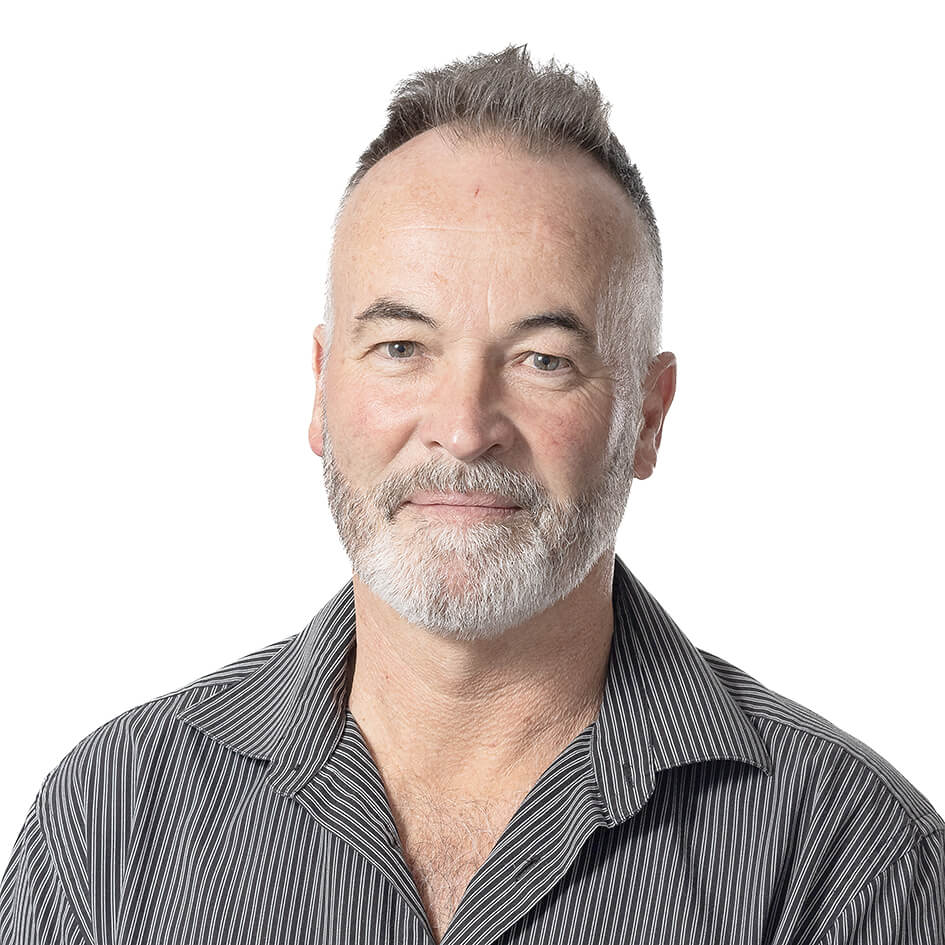
Clyde Graf

Clyde Graf
Waikato Regional Council has just voted to retain its two Māori constituencies for another six years.
Only councillor Chris Hughes and I voted against the retention of the constituencies, stating that we believed they were undemocratic and divisive. Other councillors, in support of the seats, expressed their frustration, stating it was embarrassing and disrespectful to Māori to revisit the issue at all.
So, was this decision one of goodwill and inclusiveness, or one of division? The two Māori constituency councillors are both excellent representatives for Māori interests and perspectives, as are other councillors around the table.
However, we are living in troubled times, where community chaos appears to be rife. Whether it’s climate change opinion, gender identification, medical autonomy, civil liberties, or co-governance, more and more, our lives are being state-controlled.
As a citizen, should you dare to speak against the state agenda, you are at imminent risk of being publicly vilified, or branded as a conspiracy theorist, extremist, or a racist. The unpaved road of co-governance opposition is no different.
So, why do I oppose Māori constituencies and wards? I believe they’re unfair and divisive, for the following reasons. Ratepayers fund councils and their staff. Ratepayers are required to pay their rates in accordance with the services they receive. If parts of the community receive greater benefit for a service or from an asset, they are required to pay extra, through a targeted rate.
In addition to Māori constituency seats, Waikato Regional Council now hires specialist Māori advisors to ensure Māori interests are appropriately represented within the various sectors of the organisation. The positions are important, to ensure Māori culture is respected. However, these specialist positions are funded by general ratepayers. I believe that’s unfair. If government wants to implement co-governance, then the government should pay for it, not general ratepayers.
The transfer of influence and power to Māori management may appear to be inclusive and socially appropriate. However, there appears to be a rapid transition taking place. More and more representatives, appointees and meetings are being required. And with them, so too are the costs increasing.
Water monitoring is being transferred to Māori. Is water ownership next? Most of these transfers of management and influence are taking place under the radar, and through appointee joint management committees. Māori are doing a fantastic job of gaining influence and authority within local governance. However, I believe the process is inequitable.
If a Māori political party were successful in winning the national election, voted into power, and could govern as a result, then that would be a democratic outcome. But that’s not what’s happening, and in my opinion, a form of apartheid is being institutionalised.
Councillors opposing the retention of dedicated Māori constituencies were Chris Hughes and I. Voting for retention were Stu Kneebone, Angela Strange, Noel Smith, Benjamin Dunbar-Smith, Pamela Storey, Bruce Clarkson, Warren Maher, Robert Cookson, and Mich’eal Downard. Māori seat councillor Tipa Mahuta abstained. Apologies were received at the start of the meeting from the other Māori seat councillor, Kataraina Hodge, and Jennifer Nickel.








